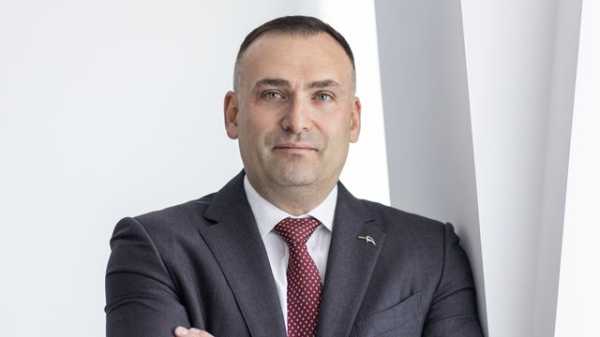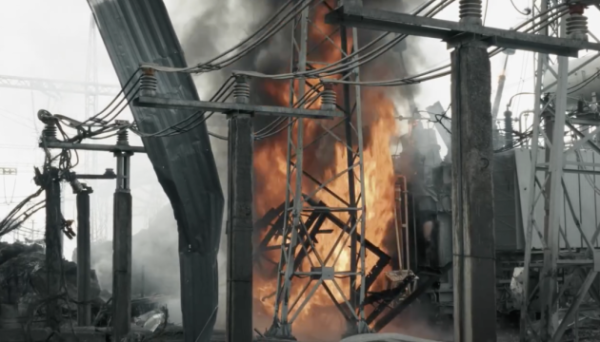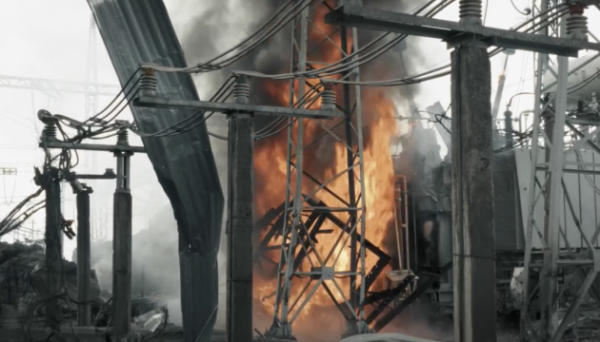World in Ukraine: Netherlands ambassador expects solid MH17 probe
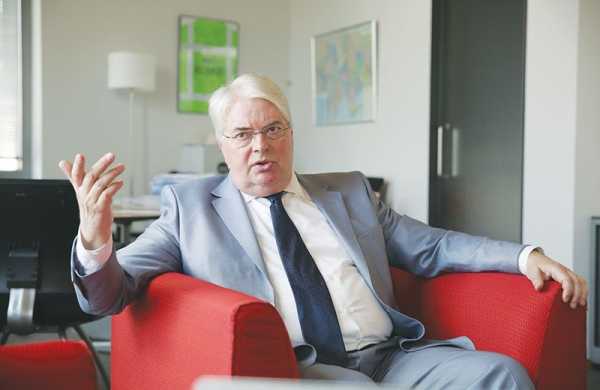
Latest news for today in Ukraine

Kees Klompenhouwer is reaching the midway mark of a probable four-year term as the ambassador of Netherlands to Ukraine. The nation of 17 million people that he represents consistently scores high in rankings of happiness, health, economic wellbeing and trust in institutions — in essence, the kind of nation that Ukrainians want to create for themselves.“There is this pragmatic nature we share with Ukrainians. We don’t have ideas of empire and that sort of thing,” Klompenhouwer said. “People also believe in technical competence. Ukrainians are very good engineers. The Dutch are also known for their technical capabilities and their flexibility in applying all of this.”
So, “it can be done,” but “Ukraine will never be the Netherlands or the other way around.”
One of the differences, he said, is that the Netherlands is less enamored with rhetoric than Ukrainian politicians. But he sees progress since the EuroMaidan Revolution ousted President Viktor Yanukovych on Feb. 22, 2014.
“Ukraine society has grown up and rhetoric is not enough,” Klompenhower said. “Something has to follow. People are looking at the practical aspects of things.”
Nevertheless, it’s still a long journey to go from “a no-trust society to a high-trust society,” he said. “How can you trust a law that has its roots in a dictatorship? You will never trust. How can you trust an institution that had its roots in Soviet-czarist times, when people were supposed to be afraid of the government and serve the government, and not the other way around. That requires a complete change in mentality, which I see the young people sort of doing…I think democracy is the tool to get there. Our democracy is 400 years old.”
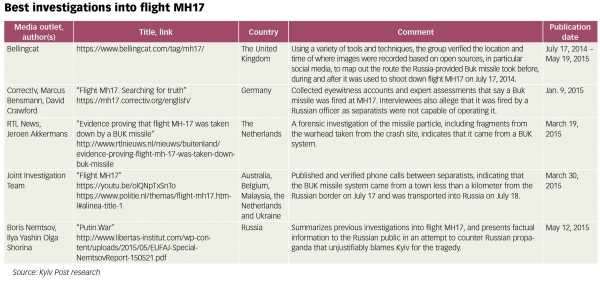

The tandem of President Petro Poroshenko and Prime Minister Arseniy Yatsenyuk are an improvement over their predecessors, he said, but only as long as they keep their compact with society. “The moment that the social contract between society and government is broken, it’s over,” he said.
He sees a “mixed picture” on reforms. Young people, civic activists and an active free press give him hope that transparency and accountability will triumph over vested interests obstructing change.
He sees politicans acting in the public interest and making progress in the financial and energy sectors. He is encouraged by Agriculture Minister Oleksiy Pavlenko, whose industry is important to Dutch farmers in Ukraine. As laggards, he singled out the Interior Ministry and health care.
But much remains unfinished — including developing a new tax code, eliminating the arbitrariness of the tax administration and ensuring the success of a new Anti-Corruption Bureau, he said.
Also, in the political arena, Klompenhouwer said that local elections with open party lists — in which voters choose the candidates directly — are essential to clean elections and in helping to spur reforms regionally. “The closed list system was a source of buying positions,” he said.
Regarding Russia’s support of the armed conflict against Ukraine, Klompenhouwer sees no upside for the Kremlin. The aggression is pushing Ukraine closer to NATO and the West, while conquering ruined territory in Ukraine is simply an economic burden to whoever holds it. Russia has taken the path of “self-isolation” in inviting international sanctions, he said.
“It could go for the better if people realize this is a counterproductive course of action,” the ambassador said. Until peace comes to Ukraine, the European Union can count on the Netherlands to maintain sanctions and, as long as Russia occupies Crimea, to keep a separate set of penalties as well. In the EU political spectrum, the Netherlands is generally in line with German thinking, he said.
Reminders of the MH17 tragedy are all around Klompenhouwer’s office in the Podil district. The tragedy prompted an outpouring of sympathy — and flowers — from Ukrainians. On July 17, the Malaysian Airlines passenger plane was shot down in eastern Ukraine, killing 298 people, including nearly 200 Dutch nationals.
On Klompenhouwer’s wall is a haunting painting of crash victims given to him by a Ukrainian artist, as well as a framed and autographed vest given by a recovery crew.
Many people quickly concluded that Russia supplied its separatists in Ukraine with a Buk missile that shot down the plane.
Klompenhouwer said that, regardless of personal opinions, the official investigation in which the Netherlands is in charge must be airtight. A final report by the Dutch Safety Board is due in October.
“We have to go beyond a reasonable doubt and exclude other options to officially establish that it is not only unlikely, but impossible, that certain things could have happened…to give a judgment that is convincing,” he said.
He is confident that investigators will prove what happened and identify those responsible. “There’s a lot of evidence. I’m not involved in the penal process, of course, but I understand there’s a lot of evidence.”
The Netherlands at a glance
Total area: 41,528 square kilometers
Population: 16.9 million
Government type: Constitutional monarchy, parliamentary democracy
Head of state: King Willem-Alexander
Head of government: Prime Minister Mark Rutte
GDP, PPP: $798.1 billion (2014 est.)
GDP per capita, PPP: $47,400 (2014 est.)
Main economic sectors: food processing, chemicals, petroleum refining, and electrical machinery
Ukrainian-Dutch relations:
Trade: $1.86 billion (2014)
Dutch exports to Ukraine: natural or man-made pearls, precious or semi-precious stones, flowers, plastics and polymers, nuclear reactors, boilers, machinery, pharmaceuticals
Ukrainian exports to the Netherlands: cereals, oil seeds, black metals, fats and oils of animal or vegetable origin, food industry remnants and waste
Dutch investment in Ukraine: $5.1 billion (cumulative as of Dec. 2014)
Main investors: Royal Dutch Shell (hydrocarbons exploration), ING Ukraine (bank), Rabobank, Philips (home appliances), Akzo Nobel (paints and chemicals), Unilever (consumer goods)
Sources: U.S. Central Intelligence Agency, Statistics Netherlands, Embassy of Ukraine in the Netherlands, Ukrainian State Statistics Service
Kyiv Post chief editor Brian Bonner can be reached at [email protected]
Source: www.kyivpost.com
